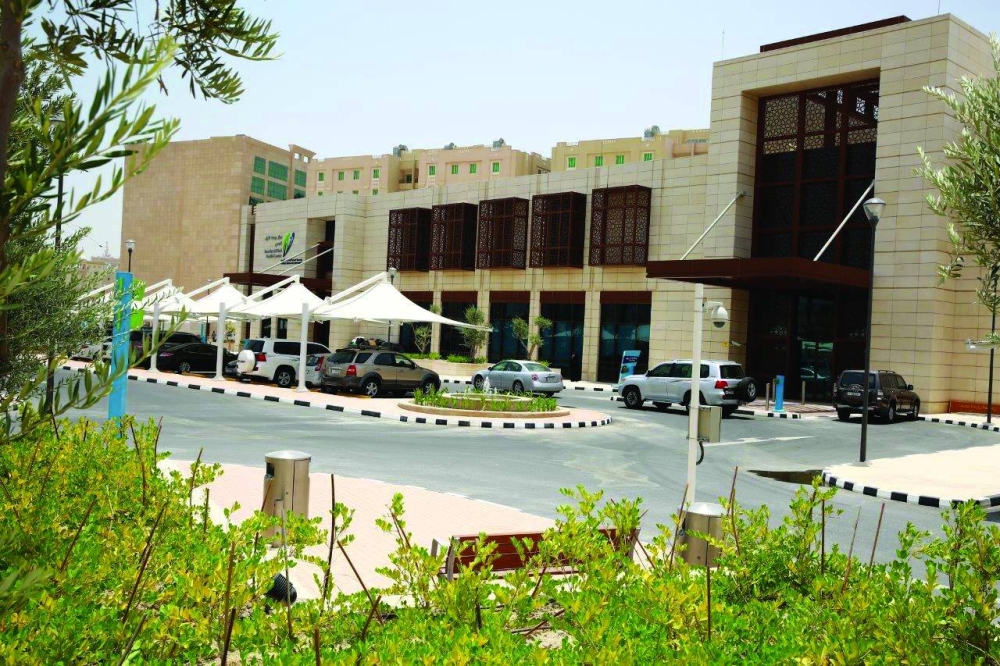The shift to sustainable healthcare by incorporating environmentally sensitive “green concepts” into health centre design and operation has been at the forefront of Primary Health Care Corporation's (PHCC) priorities, a statement said on Sunday.
In its commitment towards optimum performance and energy efficiency in health centre facilities, PHCC partnered with Gulf Organisation for Research and Development (Gord) and acquired the significant milestone of GSAS Operation Certificate upon the successful assessment of Facilities’ Management practices in terms of water and energy consumption, waste management, environmental policies and indoor air quality, among others.
This certification evaluates the sustainability of the operational practices of health centre facilities. By focusing on the building's operational and maintenance practices, GSAS Operation aims to minimise the environmental footprint of existing buildings while enhancing the well-being and comfort levels of their occupants.
The dimming of lighting in the most recent health centres’ clinics contributes to the sensory friendly principles and PHCC’s sensitiveness for the children within the Autistic Spectrum Disorder (ASD).
PHCC is operating 16 venues that have acquired the GSAS (Global Sustainability Assessment System) Design and Build Certificate which contributes significantly to reduced carbon emissions, optimum day light, reduction of cooling demand, balanced air ventilation, energy saving LED lighting, solar energy, water preservation features etc.
“The adoption of eco-friendly, energy-efficient and low-carbon health centres is the epicentre of sustainable practice, environmental consciousness as well as transparency and integrity with the community we serve.” said Niki Georgiou, executive director of Facilities & Engineering at PHCC.
As part of the GSAS implementation, a comprehensive audit of each health centre facility was performed by GSAS Trust, where the condition and efficiency of the facilities was assessed based on various criteria.
The reports provided valuable insights into the areas of improvement and presented a list of recommendations for energy and water management opportunities.
The reports also highlight the potential energy and cost savings achievable through the implementation of energy-efficient systems.

